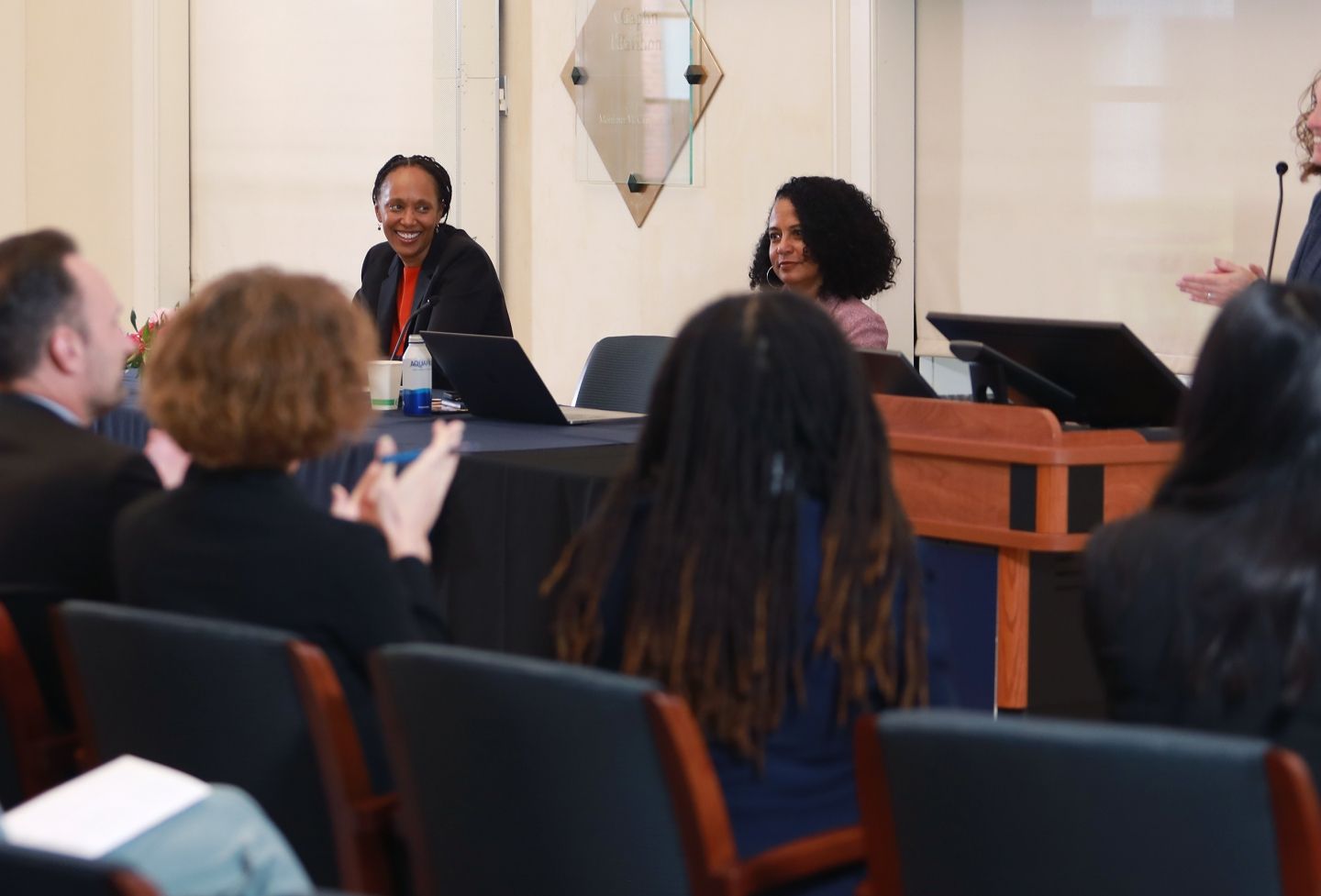The Education Rights Institute (ERI) aims to expand the opportunity for students in the United States to enjoy a high-quality education that empowers them to be college- and career-ready and engaged civic participants. ERI will accomplish this by advancing three strategic priorities:
- Producing new scholarship and commentary that stimulates and engages public debate about how to advance equal educational opportunity, including scholarship regarding a federal right to a high-quality education;
- Amplifying research and scholarship about educational opportunity gaps and their impact on individuals, families, communities, democracy, and our economy to increase public awareness of these gaps and the federal laws and resources that can help districts deliver the high-quality education that closes these gaps; and,
- Serving as a catalyst that expands the capacity of school districts to capitalize on the power of effectively implementing existing federal laws that support a high-quality education, particularly Title VI of the Civil Rights Act of 1964.
While gaps in student achievement have garnered much public attention, increased awareness is needed about the inequities in opportunities along lines of class, race and zip code that contribute to these differences in outcomes. For meaningful and lasting change that bridges disparities, root causes need to be studied, understood and addressed.
A Federal Right to Education
Although all 50 states guarantee a right to education in their state constitutions, these rights vary in strength, impact and enforceability. Litigation across states has strengthened the requirement of certain states to deliver an adequate and equitable education that aims to address the learning needs of students. In other states, however, the right to education only goes so far as the right to enter a school building, regardless of its deteriorated conditions, insufficient resources and staffing by personnel lacking the necessary qualifications.

Students in the United States lack a guarantee of a federal right to a high-quality education that could address these disparities in educational opportunity. In 1973, the U.S. Supreme Court in San Antonio Independent School District v. Rodriguez rejected claims that the equal protection clause of the 14th Amendment guarantees students a federal right to education. ERI will publish research and scholarship about a federal right to education, including research and scholarship on how to support the delivery of a high-quality education that enables students to be college- and career-ready and engaged civic participants.
Research on a High-Quality Education and Opportunity Gaps
ERI will assist school districts in delivering a high-quality education through several initiatives. It will amplify and publish research and scholarship regarding the critical components of a high-quality education and opportunity gaps in the delivery of these components. Federal law, research, and financial and technical assistance is oftentimes an underutilized tool that can assist districts in providing high-quality schools. Through its research and scholarship, ERI will highlight such tools that districts can use to enhance their capacity to deliver a high-quality education.
Title VI Compliance
Finally, ERI will expand school districts’ understanding of their obligations under federal law, particularly Title VI of the Civil Rights Act of 1964, which prohibits discrimination on the basis of race, color or national origin by recipients of federal financial assistance. ERI will publish reports that explain and illustrate Title VI’s application to schools and districts. Through partnerships with school districts, ERI will help districts assess their Title VI compliance and implement effective remedies.
ERI takes seriously the impact that a high-quality education can have on the trajectory of a child’s life. ERI is committed to research, scholarship, and engagement that catalyzes an expansion of educational opportunity so that public schools can successfully empower students to be ready for an engaged and meaningful life.



